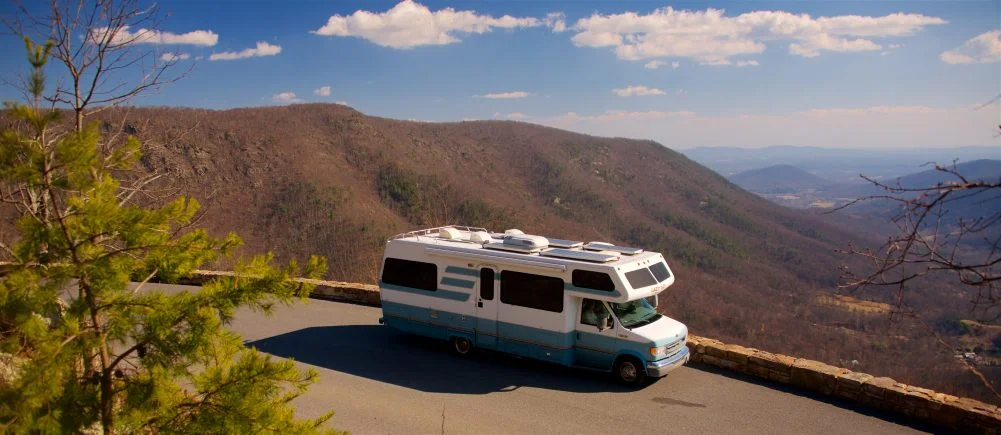Embarking on the journey to purchase an RV is an exciting prospect, but the decision between buying new or used can be a pivotal moment in your recreational vehicle adventure. Both options have their merits, and choosing the right one depends on your preferences, budget, and individual needs. In this guide, we’ll weigh the pros and cons of new and used RVs to help you make an informed decision.
The Allure of a New RV
Pros:
1. Latest Features and Technology:
Purchasing a new RV means you’ll have access to the latest features and technological advancements. From state-of-the-art entertainment systems to energy-efficient appliances, a new RV offers the pinnacle of modern conveniences.
2. Warranty Coverage:
New RVs typically come with manufacturer warranties that cover repairs and replacements for a certain period. This peace of mind can be reassuring, especially for those not keen on unexpected repair costs during the initial years of ownership.
3. Customization Options:
Buying new allows for customization. You can often choose the interior decor, layout, and additional features to tailor the RV to your specific preferences and lifestyle.
4. No Previous Wear and Tear:
With a new RV, you start with a clean slate. There’s no history of wear and tear, and you can be confident in the condition of every component.
Cons:
1. Higher Initial Cost:
The most significant drawback of buying new is the higher upfront cost. New RVs tend to come with a premium price tag, and this may impact your overall budget for travel and adventures.
2. Depreciation:
Similar to buying a new car, RVs experience significant depreciation during the first few years. If you plan to sell or trade-in your RV shortly, be prepared for a potential loss in value.
The Appeal of a Used RV
Pros:
1. Cost Savings:
Affordability is a major advantage of buying a used RV. The initial depreciation has already occurred, allowing you to get more value for your money compared to a new purchase.
2. Stable Depreciation:
While new RVs experience rapid depreciation, the depreciation rate for used RVs tends to stabilize over time. This can result in a more predictable resale value.
3. More Room for Negotiation:
Sellers of used RVs may be more open to negotiation, allowing you to secure a better deal. This flexibility can be advantageous, particularly if you are a savvy negotiator.
Cons:
1. Uncertain History:
One of the challenges with buying used is the uncertainty regarding the RV’s history. Thorough inspections and obtaining maintenance records can mitigate this, but there’s always a level of risk involved.
2. Limited Customization:
Unlike a new RV, a used one may not offer the same level of customization. You’ll need to accept the existing features and layout, which may or may not align perfectly with your preferences.
3. Potential Repairs and Upgrades:
Depending on its age and previous usage, a used RV may require more maintenance and repairs. Factor in the cost of potential upgrades or improvements when assessing the overall value.
Conclusion: Making the Right Choice
Ultimately, the decision between a new and used RV boils down to your circumstances and priorities. If you value the latest features, customization options, and warranty coverage, a new RV might be the right choice. On the other hand, if cost savings, stable depreciation, and potential negotiation are your priorities, a used RV could offer a more attractive proposition.
Consider your budget, travel plans, and personal preferences carefully. Whichever path you choose, the world of RVing awaits you with endless possibilities for adventure and exploration. Happy travels!
Stay in touch with Forbesradar.



